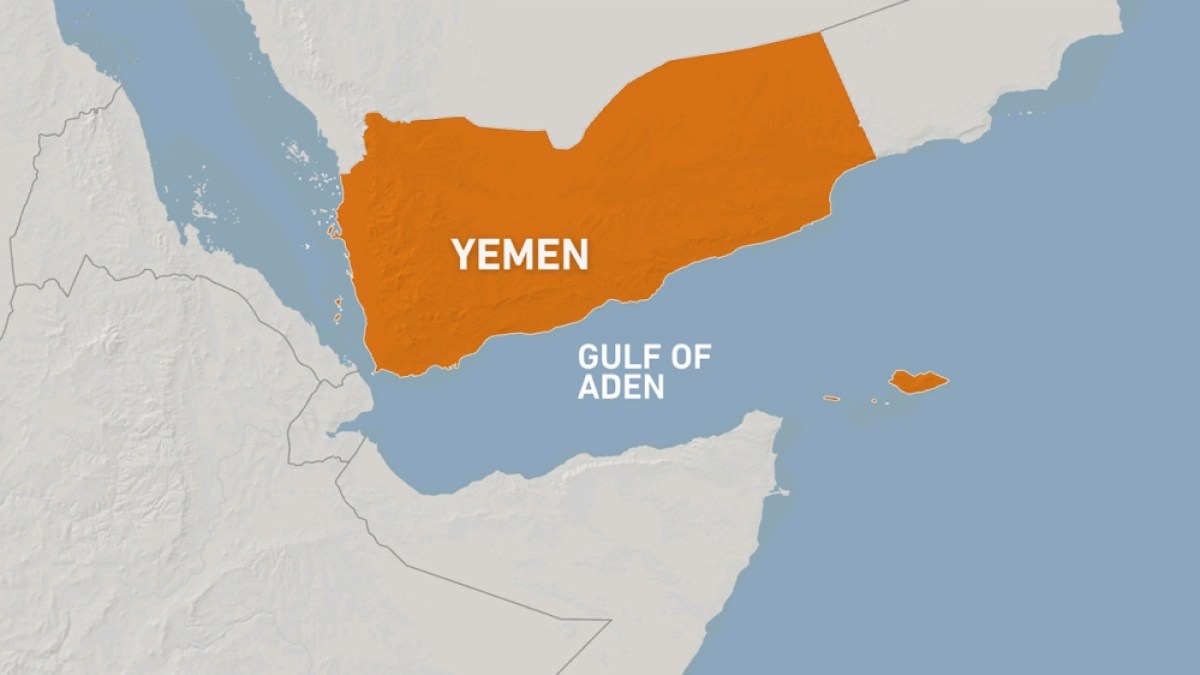The 1995 Dayton Peace Agreement, which ended the Bosnian War, offers both inspiration and a stark warning. It succeeded in halting bloodshed, but at the cost of long-term dysfunction. Bosnia and Herzegovina emerged divided, politically paralysed, and perpetually dependent on international oversight. Ukraine cannot afford to follow that path.
A rushed or externally imposed settlement – especially one prioritising “balance” over functionality – risks turning Ukraine into a fractured, weakened state locked in limbo. The temptation to accept any peace to stop the war must be resisted. Not all peace is created equal.
The Dayton Agreement created two autonomous entities within Bosnia, each with its own president, parliament, and bureaucracy, and governed by a collective presidency that required consensus. The result? More than 180 ministers for a population under 3.5 million, and a state too fragmented to govern or reform. Ethnic divisions were frozen into law, and nationalist deadlock has since stymied progress, including efforts towards European Union membership.
Ukraine faces a similar risk if a peace deal grants “special status” or federal autonomy to Russian-occupied territories like Donbas. Such an arrangement would embed dysfunction and division at the heart of Ukraine’s political system. Pro-Russian proxies with veto power could block defence, foreign policy, or EU and NATO integration – giving Moscow influence in Kyiv without firing another shot.
Worse still, this would create an internal deadlock that hollows out Ukrainian sovereignty. Bosnia’s experience shows how political paralysis, born from structural compromise, can entrench instability rather than resolve it. For Ukraine, that would mean a future shaped not by peace, but by permanent vulnerability.
This dynamic plays directly into President Vladimir Putin’s vision of a “Greater Russia”, where former Soviet states remain under Moscow’s thumb. Just as nationalist actors in the Balkans have sought to redraw Bosnia’s borders, Russia seeks to dominate Ukraine by freezing its conflict rather than resolving it.
Bosnia also offers another caution: the dangers of long-term international trusteeship. The Office of the High Representative, created under Dayton, still holds sweeping powers over Bosnia’s domestic affairs. While useful in preventing renewed conflict, this arrangement has stunted institutional development and left Bosnia reliant on foreign actors. Ukraine must reject any peace that removes its agency or places it under indefinite international supervision.
Temporary stabilisation may be necessary, but Kyiv must remain the final authority on its laws, governance, and future direction. A sovereign state cannot exist with foreign capitals acting as its ultimate decision-makers.
That’s why Ukrainian President Volodymyr Zelenskyy’s 2022 decree – refusing negotiations with Russia while Putin remains in power – deserves a second look. While morally justified, it may limit Ukraine’s room to manoeuvre if global power dynamics shift. Peace must be principled, but also strategically flexible. Diplomacy, like war, requires room to adapt.
As Bosnia’s former Foreign Minister Muhamed Sacirbey once said, peace negotiations are like poker. At Dayton, Serbian leader Slobodan Milosevic understood the stakes better than his counterparts. Bosnia’s Alija Izetbegovic lacked a clear strategy. Croatia’s Franjo Tudjman let pride dictate terms. And Richard Holbrooke, the United States envoy, played for legacy as much as for peace.
Today, new players are at the table. As US political winds shift and figures like Donald Trump re-emerge, there’s a growing risk that Ukraine could be treated as a bargaining chip in a larger geopolitical game. It must not be reduced to a pawn.
Any durable peace must be rooted in sovereignty, justice, and national unity. Ukraine needs credible security guarantees— not just promises, but real deterrence against future aggression. Justice, too, must be non-negotiable. Blanket amnesties for war crimes and collaborators would not bring reconciliation, only delay it.
Occupied territories must be reunified under Ukrainian law — not left in limbo as autonomous zones or proxy-administered enclaves. Doing so would institutionalise division and lay the groundwork for future conflict.
Ukraine also needs a well-funded, strategic roadmap for reconstruction and European integration. Rebuilding physical infrastructure is essential, but so is embedding Ukraine within the political and economic structures of the European Union.
Above all, Ukraine must retain full strategic autonomy — the right to choose its alliances, shape its institutions, and define its future without coercion from Moscow or even from well-meaning Western partners.
Ukraine is not a buffer state. It is a sovereign nation whose people have paid an extraordinary price for self-determination. That must be the foundation of any peace agreement—not the ambitions of foreign powers or the expediency of a quick fix.
Compromise is a part of diplomacy. But not all compromises serve peace. Bosnia teaches us that a flawed peace can entrench division, delay healing, and keep a country caught between war and true resolution.
Ukraine’s mission is clear: achieve peace, but not at the cost of sovereignty, unity, or long-term viability. Ending a war is hard. Building a just and sustainable peace is harder still.
Bosnia achieved the former. Ukraine must do both.
The views expressed in this article are the author’s own and do not necessarily reflect Al Jazeera’s editorial stance.

 3 months ago
84
3 months ago
84

















































